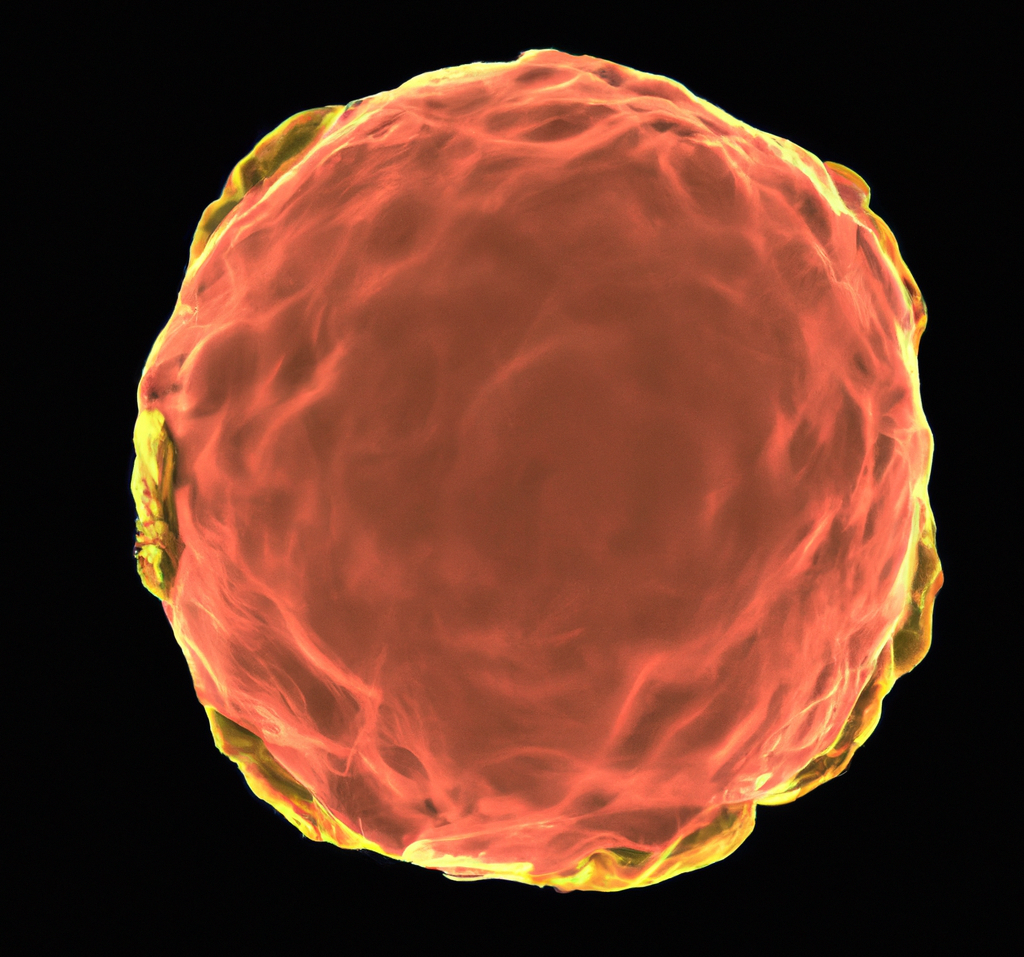Scientists have successfully developed synthetic human embryos, also referred to as “embryo models”, without using eggs or sperm, triggering a complex ethical debate. These synthetic embryos could enable researchers to explore the earliest stages of human development and potentially provide insights into pregnancy loss. However, this progress raises crucial ethical and legal questions, as it outstrips current discussions on the topic. The synthetic embryos were created from stem cells rather than by fusing an egg and sperm. They are not identical to natural embryos, but closely resemble them for research purposes.
This revolutionary technology has the potential to bring significant breakthroughs in various fields, particularly in reproductive medicine, developmental biology, and regenerative medicine. Here, we delve into the potential advancements offered by this cutting-edge technology.
- Unlocking Mysteries of Human Development
Human embryonic development remains one of the most complex and mysterious processes in biology. Current knowledge is limited by the inaccessibility of embryos during the earliest stages of development and the ethical and legal constraints surrounding their study. Synthetic embryos, created from stem cells, offer an unprecedented opportunity to explore these formative stages in detail, without the ethical quandaries involved in using naturally conceived embryos. This could lead to a significantly enhanced understanding of human life’s initial stages, from conception to implantation.
- Understanding and Preventing Early Pregnancy Loss
Many pregnancies fail during the earliest stages, often before a woman even realizes she is pregnant. This phenomenon is poorly understood due to the difficulty of studying human embryos at these stages. Synthetic embryos could offer crucial insights into why these losses occur, providing pathways for developing strategies or treatments to prevent such losses, and improving pregnancy success rates.
- Advancing Infertility Treatments
In-depth knowledge about human embryonic development could provide significant advancements in treating infertility. By understanding what happens in the embryo during the initial days, researchers can develop more effective treatments for infertility and improve in-vitro fertilization (IVF) techniques. This technology could also potentially be used to create embryos for infertile couples, bypassing some of the current challenges associated with egg and sperm donation.
- Boosting Regenerative Medicine
Regenerative medicine, focused on creating cells and tissues to repair or replace damaged body parts, could greatly benefit from synthetic embryo research. Stem cells used in creating synthetic embryos have the potential to become any cell type in the body. Harnessing this potential could lead to breakthroughs in creating organoids or even whole organs for transplantation.
- Potential for Disease Modelling
Synthetic embryos could provide a new platform for disease modeling. By manipulating the genetic makeup of the stem cells used to create synthetic embryos, researchers could model the onset and progression of genetic disorders. This approach would provide a powerful tool for studying disease mechanisms at the earliest stage of human life, potentially leading to new preventive strategies or treatments.
- Drug Testing and Personalized Medicine
Synthetic embryos could revolutionize drug testing, enabling scientists to study the effects of new drugs on human tissue without risking human health. This could greatly speed up the drug development process. Moreover, with the integration of patient-specific stem cells, synthetic embryos could pave the way for personalized medicine, tailoring treatments according to the patient’s unique genetic makeup.
While the potential advancements offered by synthetic embryos are promising, it’s essential to acknowledge the ethical and legal challenges that this nascent technology presents. The creation of synthetic embryos has already spurred debate around the world and prompted calls for new guidelines and regulations. As we stand on the brink of this new frontier, it’s crucial that science and society navigate this path with caution, thoughtfulness, and respect for the profound implications of this research.


